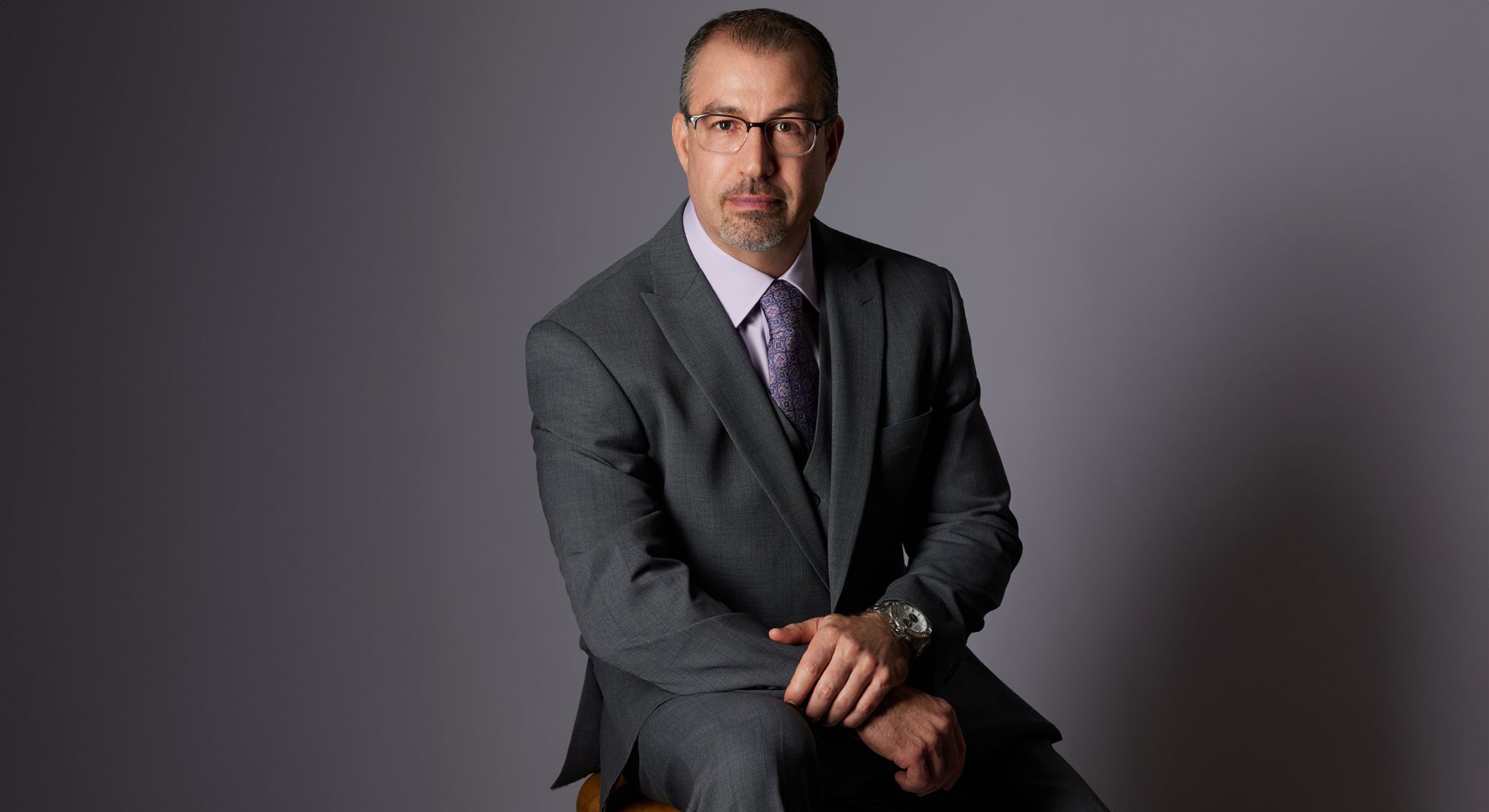

Understanding Andropause (Manopause)

When people think of hormone changes, they often envision menopause in women. Yet, men also experience their own form of age-related hormone decline—often referred to as andropause or “manopause.” Low testosterone levels can manifest in frustrating symptoms such as fatigue, decreased libido, and mood swings, impacting your day-to-day quality of life. The good news? By addressing core lifestyle factors and considering safe hormone replacement options, you can reclaim the energy, mental clarity, and overall well-being you deserve.
What Is Andropause?
Andropause refers to a gradual decline in testosterone that typically occurs in men starting in their 30s or 40s, continuing steadily into older age. Unlike the sudden drop in hormones during female menopause, male hormone changes happen more slowly. Nevertheless, the impact can be significant, affecting libido, mood, muscle strength, and long-term health.
Signs and Symptoms of Low Testosterone
- Fatigue & Reduced Stamina
- Many men notice they tire more easily and have difficulty maintaining consistent energy levels.
- Mood Swings & Irritability
- Low testosterone can sometimes lead to depression, anxiety, or a short fuse.
- Decreased Libido & Sexual Function
- A common complaint is lower interest in sex or difficulty achieving/maintaining an erection.
- Loss of Muscle Mass & Strength
- Testosterone helps maintain muscle tone. Its decline can lead to decreased athletic performance.
- Weight Gain & Changes in Body Composition
- Men often observe an increase in harmful visceral fat, along with overall difficulty staying lean.
- Brain Fog & Memory Issues
- Some experience lapses in concentration, slower thinking, or forgetfulness.
Potential Health Consequences of Untreated Andropause
- Cardiovascular Risks: Testosterone plays a role in maintaining heart health. Low levels can contribute to higher risk of heart attack and stroke, cholesterol, and blood pressure.
- Bone Density Loss: Just like in women, lower hormone levels can contribute to weaker bones and a higher risk of fractures.
- Metabolic Issues: Men with low testosterone may be more prone to insulin resistance and type 2 diabetes.
- Emotional Well-Being: Mood disorders, chronic fatigue, and persistent stress can significantly undermine quality of life if not addressed.
Addressing Root Causes First
Before considering hormone replacement therapy, it’s crucial to optimize foundational lifestyle habits:
- Nutrient-Dense Diet
- Emphasize lean proteins (like poultry or fish), plenty of vegetables, healthy fats (avocado, nuts, olive oil), and moderate complex carbohydrates.
- Limit processed foods and added sugars that can disrupt insulin sensitivity and hormone balance.
- Regular Exercise
- Strength Training: Boosts muscle mass and naturally supports testosterone production.
- Cardiovascular Work: Running, cycling, or even brisk walking improves heart health and metabolic function.
- Prioritize Sleep
- Aim for 7–8 hours of quality sleep each night. Poor sleep directly impacts hormone regulation.
- Implement a relaxing bedtime routine: limit screens, reduce light exposure, and keep your bedroom cool.
- Stress Management
- Chronic stress elevates cortisol, which competes with testosterone production.
- Techniques like meditation, yoga, and mindful breathing can significantly lower stress levels.
- Avoid Endocrine Disruptors
- Reduce exposure to chemical-laden personal care products, certain plastics, and environmental pollutants that may negatively affect hormone balance.
Natural Remedies & Supplements for Hormonal Health
- Vitamin D: Essential for testosterone production; get it from sunshine, fatty fish, or high-quality supplements.
- Zinc & Magnesium: Key minerals that can support healthy testosterone levels.
- Adaptogenic Herbs: Ashwagandha and rhodiola may help optimize stress responses and hormone regulation.
- Omega-3 Fatty Acids: Fish oil or algae-based supplements support cardiovascular function and lower inflammation.
Always discuss supplement usage with a qualified healthcare provider, especially if you take other medications or have underlying conditions.
Testosterone Replacement Therapy (TRT): Safe & Effective Options
When lifestyle interventions alone aren’t enough, or if you’re seeking additional support, testosterone replacement therapy can help restore healthy levels. Under the care of a physician, TRT can be both safe and transformative. Here are some common approaches:
- Enclomiphene
- A selective estrogen receptor modulator (SERM) that stimulates your body’s own testosterone production by boosting signaling in the brain.
- Often used for men who want to preserve fertility or prefer to support endogenous hormone production rather than directly supplement testosterone.
- Injectable Testosterone Cypionate
- A widely used option for men with low T. Injections deliver a physiologic dose of testosterone that is almost identical to the testosterone your body produces.
- Typically administered weekly or biweekly, depending on individual needs and lab results.
- Bio-Identical Hormone Pellets
- Biodegradable pellets containing bio-identical testosterone are implanted under the skin, usually in a quick office procedure.
- Pellets provide a steady release of hormone over 3–6 months, offering convenience and stable blood levels.
Benefits of Testosterone Replacement Therapy
- Increased Energy & Stamina
- Many men feel a significant boost in daily energy, making it easier to tackle workouts and busy schedules.
- Enhanced Mood & Mental Clarity
- Brain fog often lifts, and mood stabilizes, leading to improved focus and a more positive outlook.
- Improved Libido & Sexual Function
- Regaining a healthy sex drive and performance can dramatically boost self-confidence and intimate relationships.
- Better Muscle Mass & Body Composition
- Stronger, leaner muscles help with athletic performance and reduce the risk of injuries.
- Long-Term Health & Longevity
- While individual results vary, balanced hormone levels generally support heart health, bone density, and a more robust metabolism—helping you maintain a higher quality of life as you age.
Your Personalized Path to Healthy Aging
If you’re struggling with symptoms that could be tied to low testosterone, know that you’re not alone—and there are numerous solutions. At Longevity Health Clinic, we emphasize:
- Comprehensive Assessment
- We begin by evaluating your lifestyle, performing in-depth hormone labs, and discussing your overall health goals.
- Personalized Treatment
- We work with you to determine the best approach for your unique needs—whether you prefer enclomiphene, injectable testosterone, or bio-identical hormone pellets.
- Root-Cause Approach
- Our clinic goes beyond simply treating symptoms. We coach you on diet, exercise, stress management, and supplements that complement hormone therapy.
- Ongoing Monitoring
- We regularly measure hormone levels and track your progress, making dosage or lifestyle adjustments as needed for optimal results.
Ready to Take the Next Step?
Reclaim your energy, focus, and well-being with a balanced, personalized strategy for optimizing testosterone levels. If you suspect you’re experiencing andropause, reach out to us at Longevity Health Clinic to schedule a consultation. Our physician-led approach ensures you receive safe, evidence-based treatments, empowering you to thrive at any age.
Rediscover the vibrant, confident you—every step of the way.

